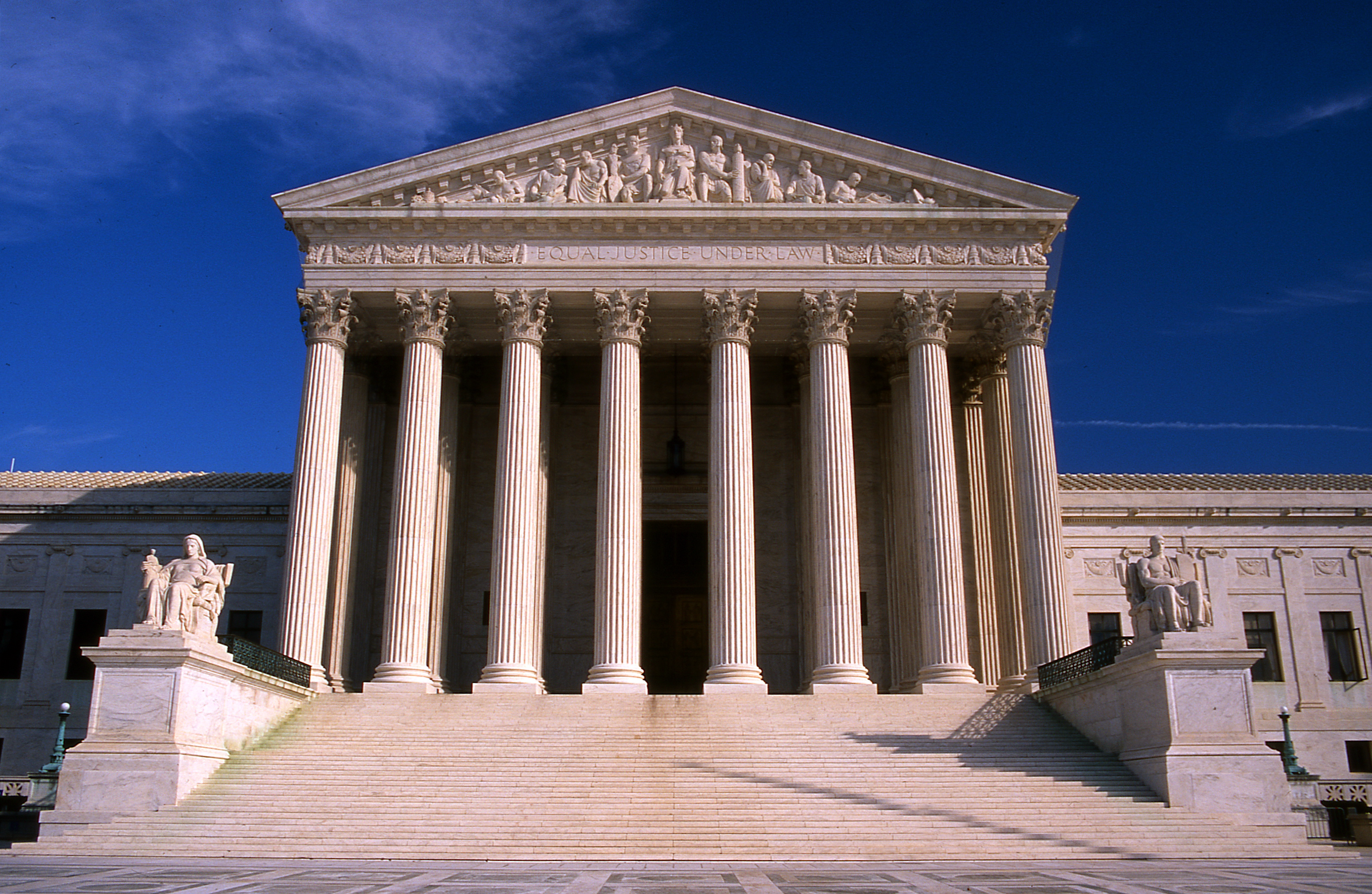
The Supreme Court of the United States ruled on Feb. 28 that unclaimed MoneyGram checks belonged in states where they were purchased. | PHOTO COURTESY OF WIKICOMMONS
WASHINGTON — In the first ruling written by Supreme Court Justice Ketanji Brown Jackson, the U.S. Supreme Court ruled that Delaware unfairly claimed millions in uncashed MoneyGram checks for itself via its escheatment practices.
In the unanimous decision, Jackson wrote that unclaimed funds from uncashed MoneyGram checks left by heirless descendants belonged in the states where they were purchased and not in the First State.
“Abandoned financial products should escheat to the State of the creditor’s last known address, or where such records are not kept, to the State in which the company holding the funds is incorporated,” Jackson wrote in the decision.
MoneyGram, the second-largest money transfer company in the world, is incorporated in Delaware, much like other businesses in the world due to not requiring corporate taxes on companies that do not operate in the state and its Chancery Court.
For years, a court battle has been brewing in special master and lower federal courts to settle where millions of dollars should be accounted. The case heard before the Supreme Court was consolidated from Pennsylvania & Wisconsin v. Delaware and Arkansas v. Delaware.
Unclaimed property accounted for 6% of Delaware’s revenue in Fiscal Year 2022, or $349 million, according to the last report from Delaware Economic and Financial Advisory Council.
Gov. John Carney has proposed a record-setting $5.4 billion budget for FY 2024, and the economic and finance advisory council estimates that unclaimed property will account for $375 million for this financial year.
Between 2002 and 2017, Delaware took possession of $250 million in MoneyGram checks around the nation. But Jackson noted that under the FDA, the state would be entitled to about $1 million.
In 2016 court filings, Pennsylvania has asserted it is owed at least $10.2 million, while Wisconsin pegged its connected funds at more than $13 million.
Escheatment doctrine allows states to take possession of abandoned property if it is located within the state. But Jackson said that the 1974 federal Disposition of Abandoned Money Orders and Traveler’s Checks Act (FDA) gives states rights to the MoneyGram products, as prepaid “financial instruments.”
Delaware’s arguments that MoneyGram’s products, billed as checks that can be purchased at retail stores do not qualify as “money orders” handled by financial institutions, were unpersuasive to the court.
“The state contends that ‘money order’ refers to a specific commercial product labeled as such on the instrument and sold to low-income individuals in small amounts …Delaware attempts to highlight the various ways in which the disputed instruments differ from money orders. But Delaware never explains how the differences are relevant to the assessment of similarity for FDA purposes or how such differences undermine the similarities,” Jackson wrote.
Delaware Escheator and Director of the Unclaimed Property Office Brenda Mayrack said the state was “disappointed in the ruling,” and now has concerns that MoneyGram consumers will not increase the return of property, because name and address information is not collected.
“It is our understanding that the matter will now return to the Special Master for further proceedings, including reconciliation of multiple data sources and tens of millions of dollars of this reported property that has been reunited with its owners. We anticipate that this process may be complex and take some time,” Mayrack said.


